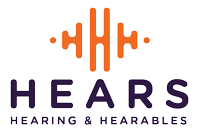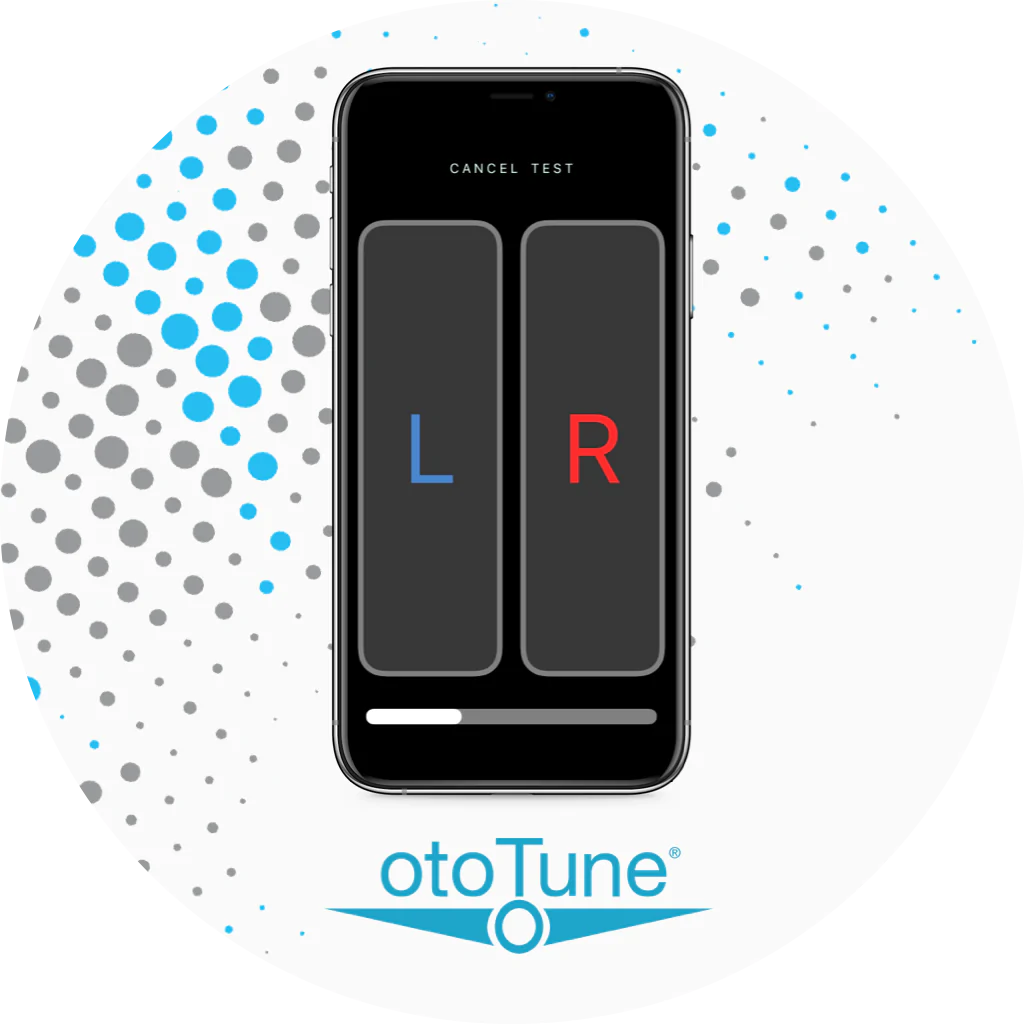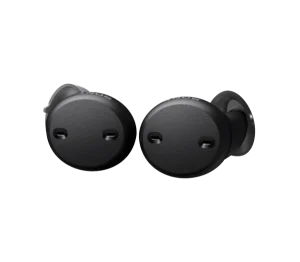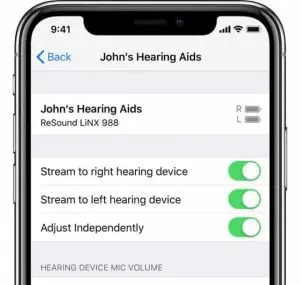Accessibility and Affordability: Key Pillars for Modern Hearing Aids.
Over-the-counter (OTC) hearing aids are revolutionizing auditory assistance. They offer a more accessible, affordable solution for hearing loss. Now, these aids are available on various online platforms. They are transforming the hearing care industry. Thus, they present new opportunities for individuals to improve auditory health.
Can You Buy Hearing Aids Over The Counter?
Yes, you can buy hearing aids over-the-counter (OTC). They don’t need a prescription or professional fitting. They prioritize user accessibility, available online and in stores. Traditional hearing aid costs and accessibility issues led to the decision for OTC alternatives. Early hearing loss intervention also gives better results, research shows. Conventionally, hearing aids required visits to audiologists, hearing tests, and fitting sessions. These steps could be costly, time-consuming, and often inaccessible. However, OTC hearing aids help break down these barriers. They enable direct device access, bypassing these hurdles.
What Is The Difference Between OTC Hearing Aids And Traditional Hearing Aids?
While both over-the-counter and traditional hearing aids serve the same purpose – to aid those with hearing loss – the process of acquisition and utilization significantly differs.
Traditional hearing aids are prescribed by audiologists following thorough hearing evaluations. Professionals custom-fit and adjust these devices to meet the individual’s hearing needs, using their audiogram – a graphical representation of their hearing ability. Regular follow-ups guarantee optimal performance of the hearing aids, with necessary adjustments made over time. The audiologist also validates that the hearing aid performs its intended function using best practices and real ear measurements. This personalized approach can lead to more precise assistance for specific hearing losses. Often it can come with a considerable cost. We are not saying it isn’t worth it but perhaps a lower cost is needed for those on a budget or if you have a mild need.
Over-the-counter hearing aids, however, are designed for a more general population. They are often pre-set to accommodate the most common forms of hearing loss – typically mild to moderate high-frequency hearing loss. OTC hearing aids allow users to adjust the settings themselves, with some advanced models even capable of conducting a basic hearing test and adjusting the device’s settings accordingly.
What Is A Self-Fitting OTC Hearing Aid?
Self-fitting OTC hearing aids let users adjust sound levels themselves. They’re a type of over-the-counter hearing aid. Often, they come with a smartphone app or on-device controls for a basic hearing test. This data helps calibrate device settings for personalization without professional intervention. However, the user should understand their auditory needs and follow instructions well. Being technically savvy is also recommended.
Do Cheap In-Ear Hearing Aids Work?
The user’s specific hearing needs, the device’s quality, and the accuracy of its fitting or adjustment largely determine the effectiveness of hearing aids, regardless of whether they are cheap or expensive.
Cheap in-ear hearing aids, often found on various online platforms, may work for some individuals, particularly those with mild to moderate hearing loss. They can amplify sound and potentially improve the user’s ability to hear in quiet environments. However, these cheaper options may lack some of the advanced features found in more expensive models, like noise reduction, directional microphones, or high-quality digital sound processing. Some of these cheaper in-the-ear hearing aids that you can find online and in places like Amazon can actually hurt your ears if you are not careful. Such as making loud sounds louder and damaging your hearing more.
It’s important to remember that the cost of a hearing aid doesn’t always reflect its effectiveness for a particular individual. Factors such as the degree and type of hearing loss, the individual’s lifestyle, and their comfort with the device’s controls also play crucial roles.
Can I Buy A Hearing Aid Myself?
Yes, you can. The advent of over-the-counter hearing aids and the availability of these devices on online platforms have made it possible for individuals to purchase hearing aids directly. This autonomy in purchasing hearing aids allows users to explore a range of devices, compare prices, and choose the one best suited to their needs.
However, buying a hearing aid yourself also carries certain responsibilities. It requires an understanding of your hearing needs and how to adjust the device accordingly. Some users may find it challenging to correctly configure their hearing aids, and improperly adjusted devices may not provide the optimal assistance required.
If you are considering buying a hearing aid yourself, it’s recommended to get your hearing checked by a healthcare professional first. A comprehensive understanding of your hearing abilities will allow you to make a more informed decision about the most suitable hearing aid for you. Click here to start shopping OTC Hearing Aids.
In Conclusion:
Over-the-counter hearing aids mark a significant step towards making hearing assistance more accessible and affordable. They offer individuals with hearing loss the possibility of taking charge of their hearing health and choosing a device that suits their needs and budget.
These devices offer more autonomy, but users must understand their hearing needs well. They should be able to adjust the device optimally. We still suggest visiting a hearing healthcare professional for a thorough hearing check. This is especially important for severe hearing loss or if you’re new to hearing aids. Keep in mind, the guidelines for these OTC hearing aids cater specifically to individuals with mild to mild-moderate hearing loss.
In a rapidly advancing technological era, over-the-counter hearing aids could be the key to bridging the gap between those with hearing loss and the hearing aid solutions they need. As they continue to evolve and improve, OTC hearing aids promise to reshape the landscape of hearing healthcare, making it a more accessible realm for all.
Don’t forget that you do need to consult with a professional. Especially if you feel any discomfort, pain, loudness or even plugging. More information on these topics later. Thanks for reading.






